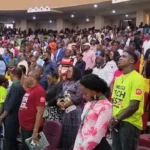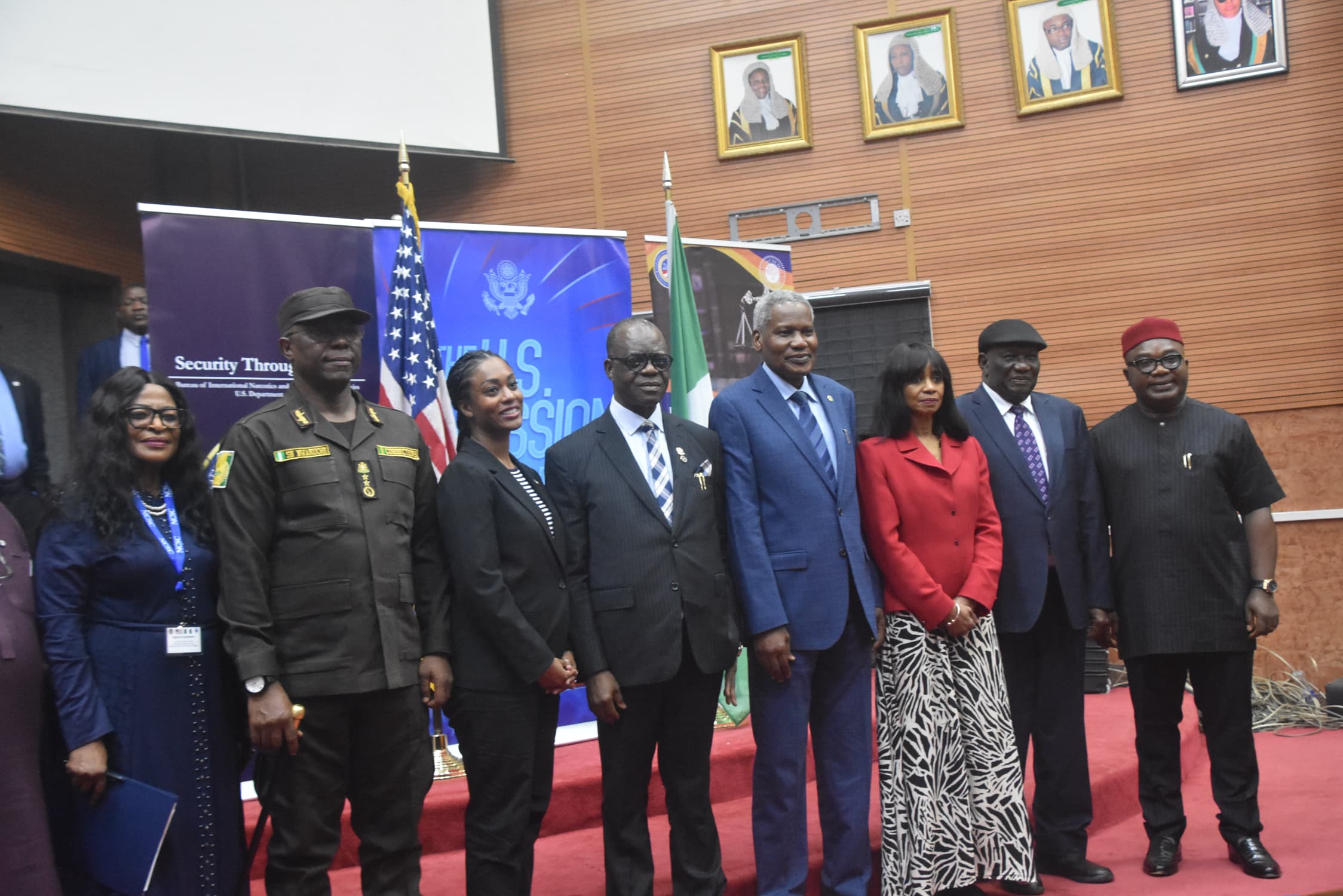Kekere-Ekun made the assertion on Wednesday in Abuja at the inauguration of the “Building the Capacity of the Nigerian Judicial Sector to Prosecute, Defend and Adjudicate Terrorism and Atrocity Cases” project.
The programme was organised by the National Centre for State Courts (NCSC), with support from the United States government.
The CJN, represented by Justice Muhammad Garba, said that the project was not only a resolve to strengthen the rule of law, but a shared aspiration to protect the values that define a just and humane society.
“In recent years, our nation has continued to grapple with devastating consequences of terrorism and atrocity crimes.
“These acts of violence and large-scale human rights abuses do more than destruction of lives; they threaten the very fabric of our national unity, undermine public trust and challenges the foundations of peace and order,” she said.
The CJN said that during these deeply challenging times, the judiciary must serve as a sentinel of justice, a guardian of accountability and a beacon of hope for victims and communities alike.
According to her, the project is more than a response to a national security imperative as, it is also a testament to an enduring commitment to justice, fairness and human dignity.
She further said that through the effective prosecution of terrorism and atrocity-related cases, the judiciary not only protect lives and property, but also dismantles the climate of impunity that emboldened such crimes.
“The judiciary, by delivering fair, impartial and timely decisions, sends a clear message that justice will be done and that no one is above the law.”
She commended the United States government for supporting the project, saying that it was a reaffirmation of the international community’s confidence in Nigeria’s dedication to justice and security.
On his part, the Chief Judge of the Federal High Court, Justice John Tsoho, decried the continuous incessant acts of terrorism and atrocious crimes perpetuated in the country.
Tsoho said that the psychological scars from these acts were deep, just as the economic impact was immeasurable.
“As a nation, we have a solemn duty to ensure that those who commit these atrocities are brought to justice and that their victims find solace in the knowledge that accountability prevails.”
He also said that the federal high court by virtue of its jurisdiction over terrorism financing and other related offences had a significant role in the fight against terrorism and atrocious crimes.
He, however, said that the unique nature of terrorism and atrocity crimes presented distinct challenges that demand specialised knowledge, enhanced skills and robust institutional supports.
“This is precisely where the capacity building programme becomes indispensable because it is not merely training but an investment in the future of our justice system.
“It is a strategic imperative to equip our judicial officers and supporting personnel with the necessary tools to effectively and efficiently handle these sensitive cases,” he said.
In her remarks, the Country Director of NCSC, Mrs Ugonna Ezekwem, affirmed that the centre was fully ready to implement the project to build a resilient, efficient and effective judiciary that would tackle terrorism and atrocity-related cases.
The News Agency of Nigeria (NAN) reports that a key aspect of the event was the signing of Memorandum of Understanding (MoU), between the Bureau of International Narcotics and Law Enforcement Affairs United States Embassy, Nigeria and the Federal High Court.
Other stakeholders who supported the project included the Executive Secretary, National Human Rights Commission, Mr Tony Ojukwu, the Controller-General, Nigerian Correctional Service, Mr Sylvester Nwakuche, Legal Aid Council, amongst others. (NAN)(www.nannews.ng)
Edited by Francis Onyeukwu












